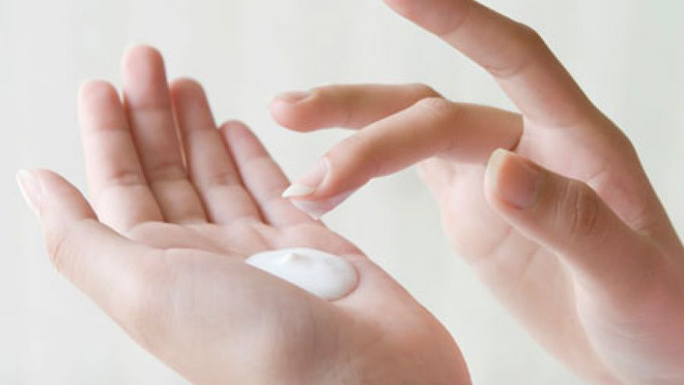Photo courtesy Fox News
When winter is upon us, many people experience dry, itchy skin. This is due to spending a lot of time in closed, heated places where the humidity is low. Such conditions do not affect sunbirds who live in perpetually warm places with breezes and more time outdoors in the balmy warmth. But for the rest of us, it’s a nuisance.
In most cases, dealing with dry and itchy winter skin is no big deal, but it does require attention. Follow these simple tips, and you’ll have a more enjoyable- and less itchy- winter skin experience.
Start familiarizing yourself with a loofa. This fibrous, tropical fruit is edible, but when dried it becomes a popular and highly effective bath and shower aid. Loofas are tough and porous, and in the shower you can scrub your entire body with one. This removes dead skin cells, stimulates skin circulation, and improves overall skin tone. A loofa is cheap, durable, and can make a big difference to your skin. Regular loofa scrubbing, which takes about two minutes, will give your skin a healthy glow, with less itching. For making skin look more beautiful and healthy, loofa scrubbing is one of the best year-round practices.
Witch hazel, an inexpensive fluid body splash, is made from the leaves and bark of a north American shrub or tree. It is astringent, which means that it tightens skin. After a shower or bath, a splash of witch hazel soothes and tightens skin, and relieves general inflammation, itching and redness. Cheap and available at all drug stores, witch hazel is an excellent bathroom essential, and plays a key role in reducing winter skin dryness and itching. Whether you shave your face or your legs, with hazel is also a superior and soothing after-shave.
Omega-3-fatty acids have gotten a lot of press for their heart-enhancing properties, but they are also good for skin. These essential fats are found in foods, and are most abundant in salmon, tuna, mackerel, sardines and several other types of fish. The discovery of the health benefits of consuming omega-3-fatty acids is one of the great health breakthroughs of all time. These natural fats benefit the heart, the joints, mood, and overall mental health, and help to reduce the risk of several common diseases including diabetes, including depression, inflammatory bowel disease, cognitive decline, and several types of cancer.
They are also good for the skin, helping to maintain healthy cellular function. Studies show reduced risk of dermatitis with Omega-3-fatty acid intake, and reduced sensitivity to the potentially damaging rays of the sun. Your choices- eat more healthy fish, or take hi Omega-3 fish oil supplements, which are now available everywhere.
A soak in a tub is welcome in cold weather, even more so when skin-enhancing essential oils are added to the water. The essential oils of lavender, chamomile, lemongrass, rose and cedar are among the best for soothing skin. Add just a few drops of any of these to a bath, get in and soak. The micro-particles of the essential oils will relieve redness, itching and irritation. Plus they smell delightful, and are known for enhancing mood, a bonus when the winter blahs occur.
Lastly, choose a good, natural hydrating cream or lotion, and use that on your skin daily during the brutish winter months. Both Aveda and Origins make high-quality moisturizers that contain few or no un-natural ingredients, are scented with soothing essential oils, and contain natural emollients that prevent and relieve irritation. You don’t have to lay these products on thick. Just a good sheen on skin is usually sufficient to keep the largest organ of your body looking and feeling better.
Winter offers beauty, a change of scenery, and a time for unique activities such as skiing, snow-shoeing, skating, and many other seasonal activities. But it also can challenge your skin and make you uncomfortable. Follow the tips described here, and your winter experience will be more enjoyable. Your skin will thank you.


